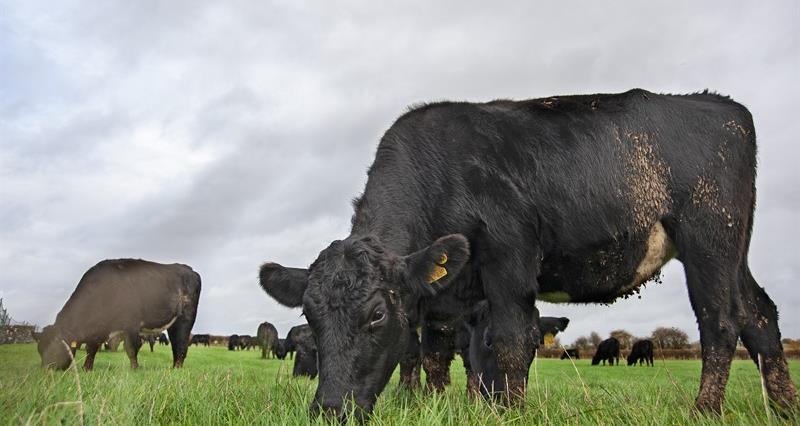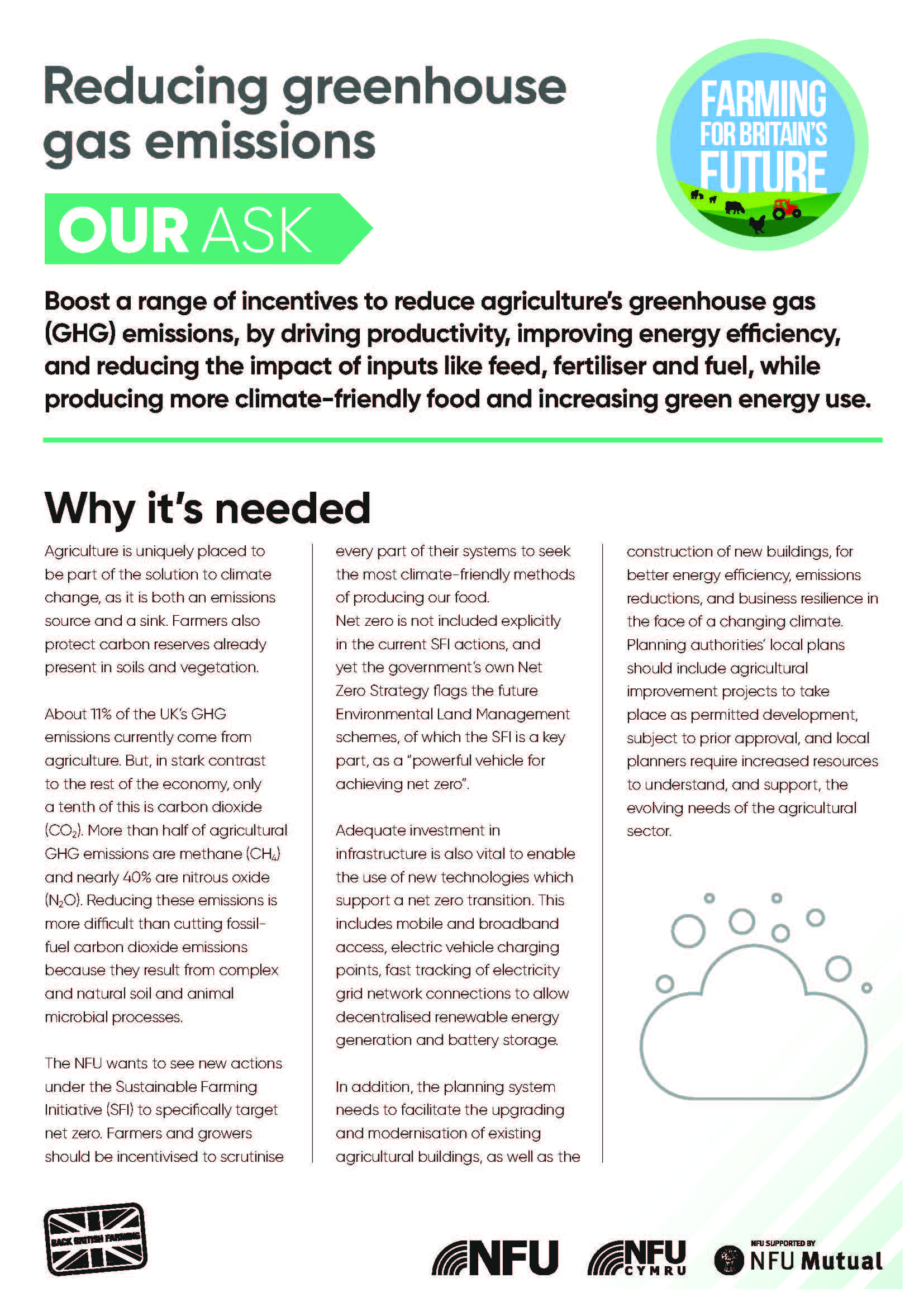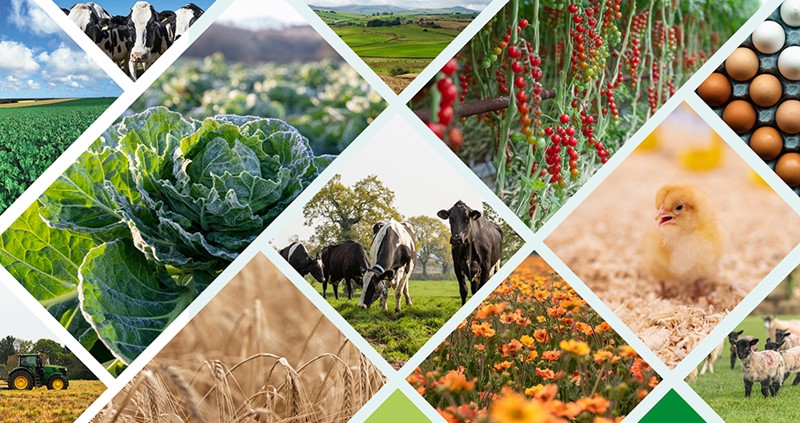The announcement follows a previous call for evidence in September 2022, which the NFU responded to following feedback from more than 200 members.
The news has been welcomed by NFU Deputy President Tom Bradshaw, however he says that methane suppressing feed products are just “one piece of the puzzle”, which need to work alongside a range of other methane reducing techniques.
The initial call for evidence asked farmers to share their awareness and perception of methane-reducing feed additives, to give opinions on the potential barriers that could prevent their introduction, and how the uptake of additives could be best driven in England.
The government says the news delivers on its commitment in its Environmental Improvement Plan to explore ways to reduce agricultural emissions.
Incentivisation plans
In its full response, Defra has outlined its plans to ‘incentivise uptake’ of methane suppressing feed, addressing concerns that were raised by the NFU following the initial call for evidence about the additional input costs that may arise.
“Farmers need clarity on how these products work, their long-term effectiveness and, most importantly, their impact on animal health and welfare.”
NFU Deputy President Tom Bradshaw
Defra also says it hopes to work closely with industry to ‘explore the best approach’ of introducing an incentives package.
Further questions to be answered
Despite being positive about the announcement, Tom says that there are still a number of other issues around livestock which need to be addressed for the adoption of methane suppressing feed to be successful.
These range from the financial impact of additional input costs, ensuring credible certification and widespread availability, to finding solutions to inconsistent and unequal intake by cattle in grazing systems.
He also said that there are “crucial questions that still need answers”, such as whether the correct calculator is being used to truly represent the warming potential of methane from livestock.
“Farmers need clarity on how these products work, their long-term effectiveness and, most importantly, their impact on animal health and welfare.”
‘A positive step’
Tom added: “This is a positive step, and we look forward to working with Defra and the industry, particularly feed companies, to further reduce GHG emissions in the agricultural sector.
“British farmers have a huge amount to offer when it comes to producing sustainable and climate-friendly food and are committed to doing more to reach our goal of achieving net-zero emissions by 2040.”
The advantages of methane suppressing feed
Livestock, particularly cows and sheep, are considered the main cause of greenhouse gas emissions in the agricultural sector.
However, research shows promising evidence that feed products with methane-inhibiting properties can significantly reduce emissions.
Farming Minister Mark Spencer said that it is vital that the government “continue to explore ways to assist farmers in sustainable food production while also further reducing emissions from agriculture”.
Reiterating Defra’s ambition of developing a mature livestock market, Mr Spencer says he hopes to mandate the use of safe, effective methane supressing suppressing feed products in suitable cattle systems in England “as soon as is feasible”.
More from NFUonline:
See our manifesto asks
Our manifesto
Our general election manifesto – Farming for Britain's Future – outlines our key asks of the next government to ensure farmers and growers can continue to deliver for the environment, economy and local communities while producing more of the great British food we all enjoy.



